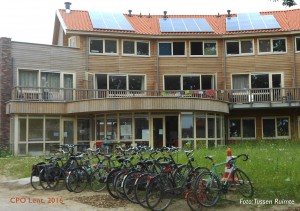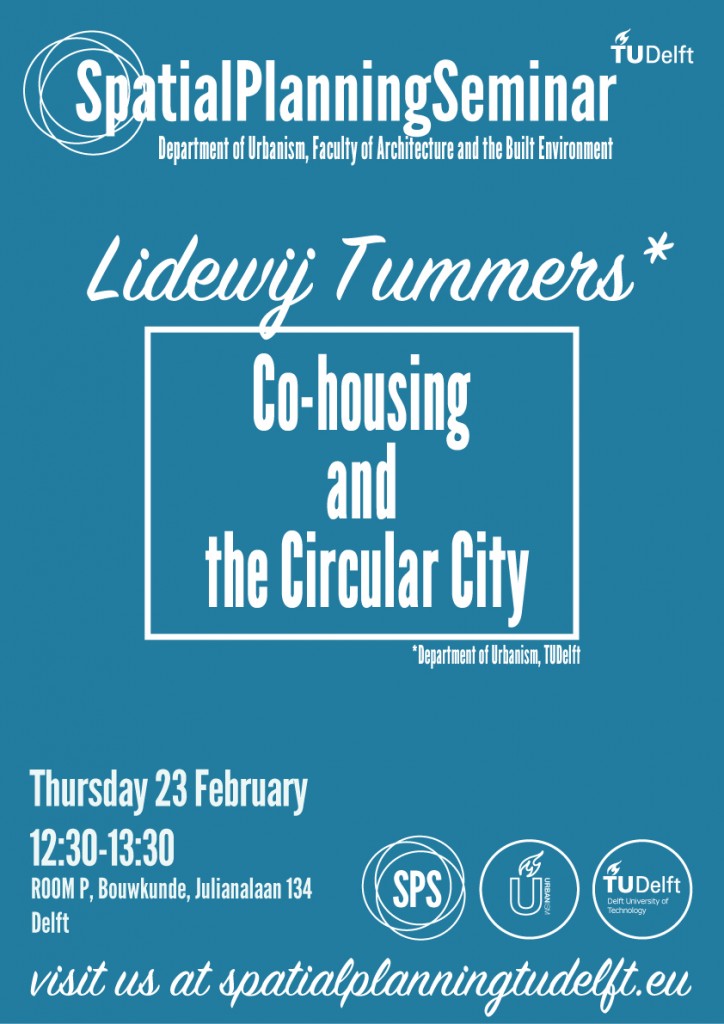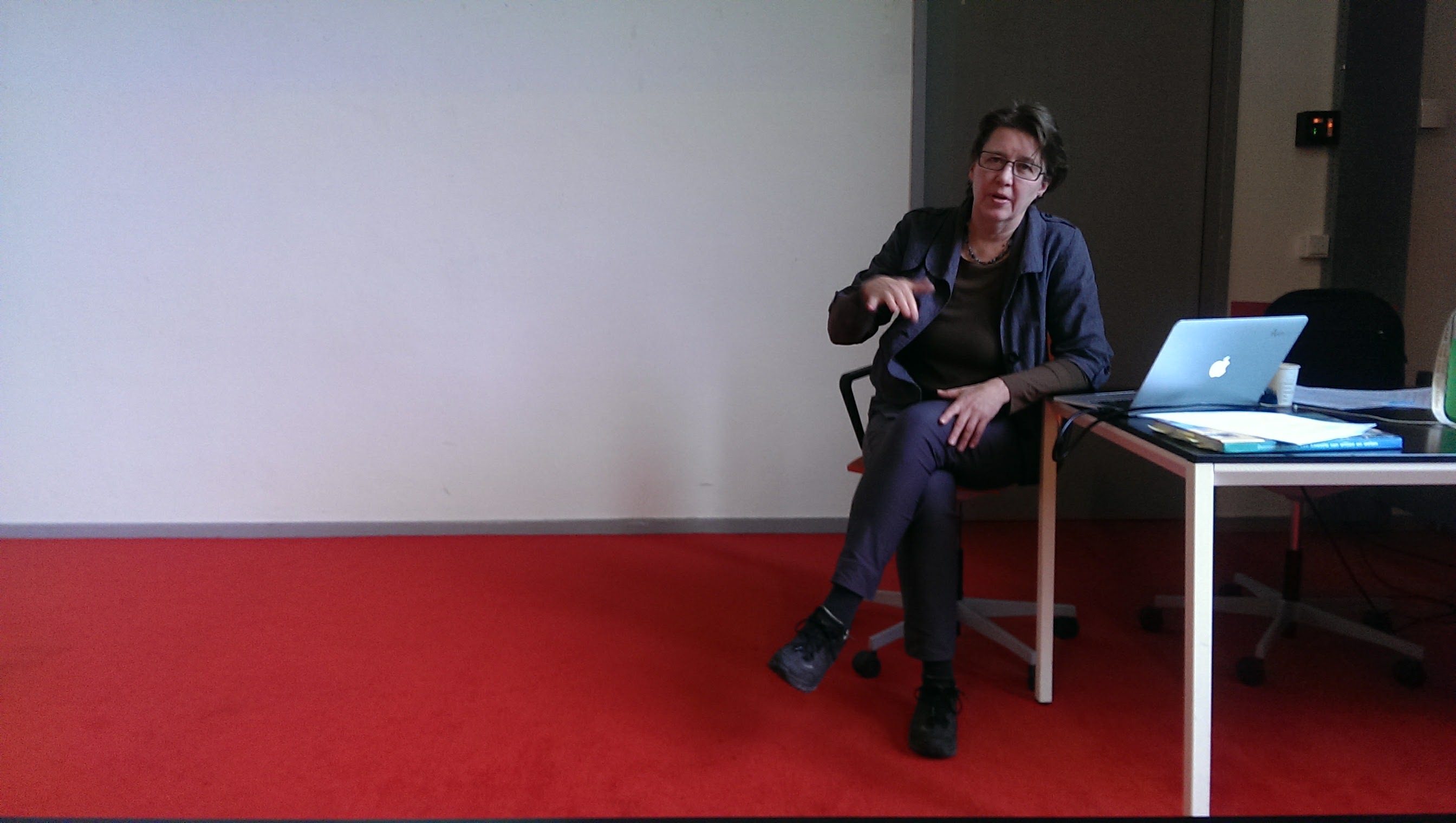
In Europe, inhabitants increasingly take initiatives collectively to create and manage housing projects. Under the umbrella term “Collaborative housing” (co-housing) these experiences are spreading as a socially innovative practice, also generating alternative forms of knowledge on low-impact technology and operating recycling systems.
The co-housing typology of clustered, self-managed dwellings offers a unique intermediate scale, between the engineering of individual dwellings and urban infrastructure. From an engineering perspective, there are indicators of the potential of clustered housing on the infrastructure for mobility, waste, water and energy.
New design criteria, suitable for this scale, are needed to optimise the characteristics of clusters to use shared resources effectively. In addition, co-housing offers forms of self-organisation that can enhance local re-cycling systems for material, water and energy. At the same time, conditions need to be established to connect these clusters to the existing grid. This presentation aims to build an understanding of what co-housing can contribute to the future metabolism of the circular city.
Lidewij’s lecture slide are available here.


